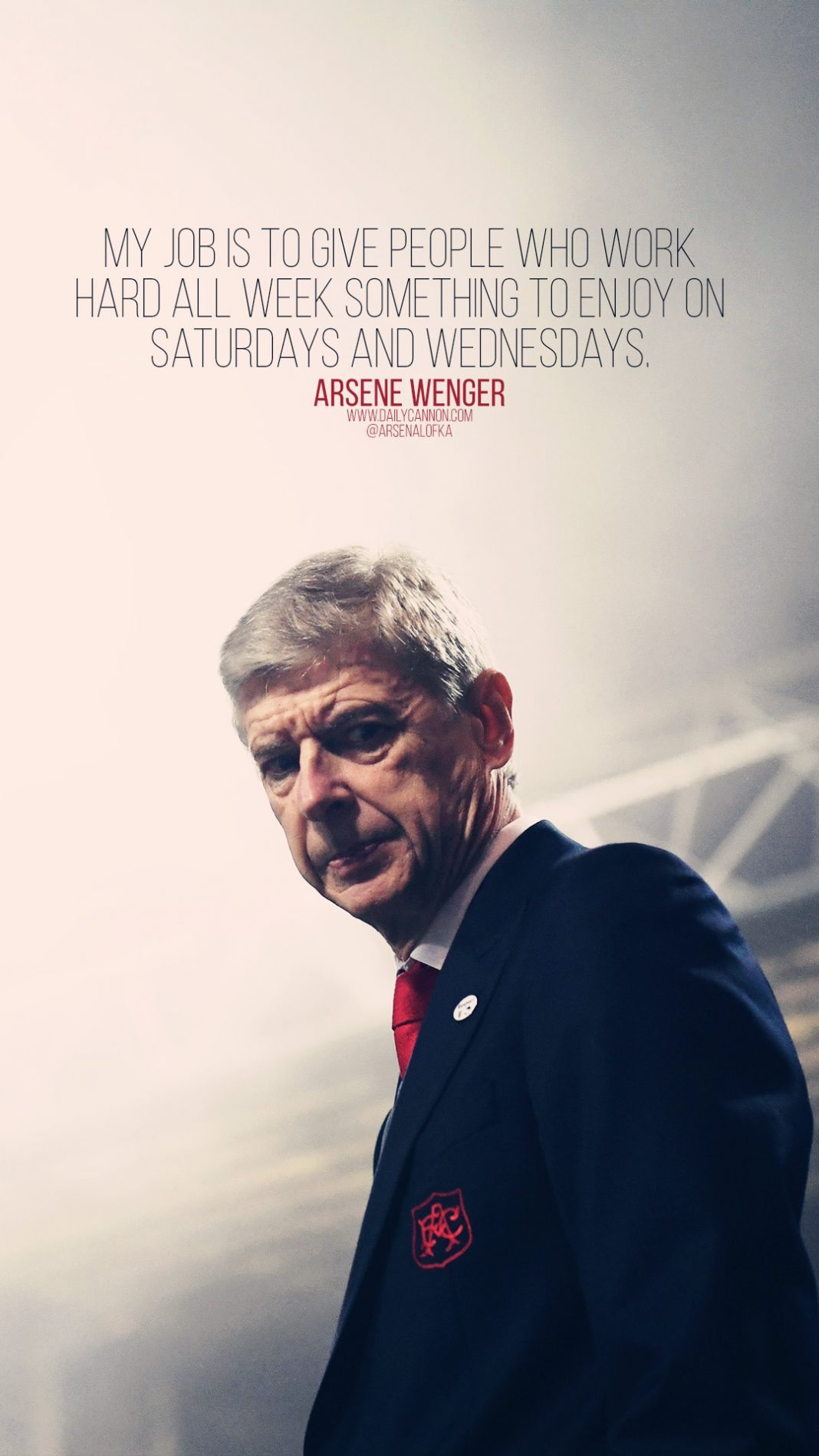Arsene Wenger’s outrage against referees could create a siege mentality at the club, but would that be a good thing?
It’s Arsenal against the world. Or, if you prefer to be a little less dramatic, it’s Arsenal against the referees.
Arsene Wenger has been dead-set on making it seem that there’s bias against Arsenal from the officials. On top of criticising their decisions, he claimed it was no coincidence that bad calls kept being made against his team.
The effect of this is two-fold.
Firstly, it deflects attention away from his team’s failings. Managers blaming anything else but his own team for not winning is the oldest trick in the book, but one that still works.
Talk of conspiracy, bias, incompetence and hypocrisy have dominated the Arsenal discussion.
The team has still come in for criticism, but the debate isn’t on their defending or ability to win games, but on how badly they’ve been effected by Mike Dean and Anthony Taylor.
On top of that, some believe that there truly is a conspiracy.
Fans have a tendency to display ludicrous amounts of confirmation bias, and when two bad decisions happen back-to-back, it’s easy to think that it always happens. In fact, psychology shows you will remember the negative decisions more readily because they stick in your mind more than the positive, making it seem like they vastly outweigh decisions that go in Arsenal’s favour.
Even the players might start to think that a bad decision is just around the corner in every game.
Few things can unify people in football more effectively then hatred for referees.
Whether someone is Wenger In or Wenger Out, they rate the players or don’t, they can always agree that referees don’t always do a good job.
It’s evident during games as well.
Poor refereeing decisions can lift a crowd and take the attention away from the players. The fans can feel that the team needs more support to overcome this extra obstacle.
The same can be true for the players, who may feel the need to lift their performance so bad decisions don’t hurt them.
This siege mentality can have positive short-term benefits.
The team might find their improved efforts can help overcome some bad performances. The injustice they’ve been feeling can be a powerful source of motivation.
At the same time, fans might be more sympathetic to their failures and be more willing to forgive mistakes if they feel their team has been wronged.
For example, some fans pointed out that Arsenal’s performance in the 1-1 draw with West Brom wasn’t good enough. However, the outrage surrounding the penalty decision meant that fact was ignored by the majority.
Yet, just because something is ignored, doesn’t mean it stops existing.
A siege mentality only works if there’s something to rally against.
Without a unifying cause, divisions will occur.
If Arsenal lose a few games without referees making bad decisions, the blame will fall back on the players and manager instead. As bad as the refs can be, it’s bound to happen.
At that point, talk of injustice will ring hollow. It’d just be petty excuse making.
Arsenal have to improve their performances regardless. Extra effort will help, but it will not disguise the tactical and technical flaws that have existed in the team for so long.
Addressing those would be a much healthier approach for the team to take, rather than looking for something new to angry about.
Feature image available as a phone wallpaper here

